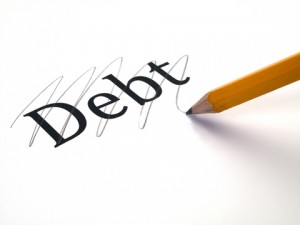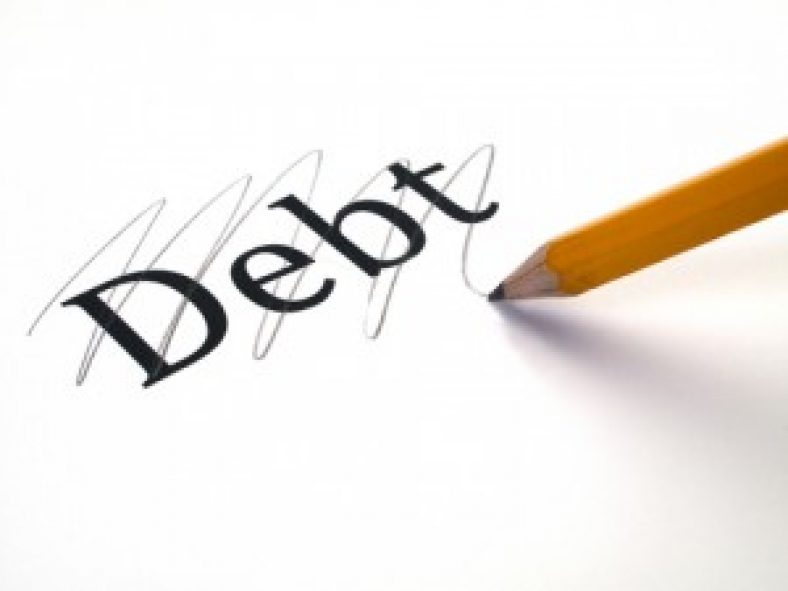Having any kind of debt is a big burden for anyone to bear. Unfortunately for many of us, debt piles up quickly and often the only solution is to add more debt. This vicious cycle has trapped many. Having debt not only affects your credit score and overall financial standing, but it also causes unnecessary stress and other issues in other aspects of your life. Especially during the summer season when you and your family desperately want to go on a vacation, excess debt can have a severe impact on your overall wellbeing.
Managing and paying off debt, however, have become easier for everyone in recent years. More people are becoming aware of their financial decisions and are making plans to get back on track and stay on track. One of those methods involves prioritizing what debts need to be paid off first and how you can do that. “Just as you need a budget plan to stay out of debt, you also need a plan to get yourself out of debt quickly and efficiently,” says Jeffrey Weber of SmartBalanceTransfers.com. Here are some tips to help you decipher what debt’s matter most and how you can start paying them off.
Really know what your Typical Expenses are
The most common mistake made when budgeting is misjudging what your monthly expenses really are. Until you can get an approximate number for your typical expenses, you cannot create a real, working budget and therefore cannot begin to pay off your debt.
Be honest with yourself. If you treat yourself to a mid-day Starbucks a couple times a week, you should have that expense in your budget. This is also a good time to examine your expenses and determine which ones should be lowered or even eliminated.

If you can, Pay Off Debts with Highest Interest Rates First…
If your overall goal is to reduce your debt and do everything you can to stop adding to your debt, this is the smartest solution. Many lenders will give you a higher limit or available credit because they want you to add more debt and in turn pay more interest. This causes you to spend a lot of money on interest that you don’t need to spend, so focus on getting the debts with higher interest rates paid off first.
…if not, Pay of the Smallest Debts First, then Work your way up
Many people struggle to pay off big debts first and then get discouraged. A new approach that has been working well for many people is to start with their smallest debts first, and then as they slowly get those paid off, they work their way up to the bigger, higher interest debts. This way, you will gain confidence and free up extra money quickly that you can put towards paying off other debts.
Avoid Creating New Debt at All Costs
The next most commonly made mistake made by people trying to pay off their debt, creating more debt. Try to eliminate all unnecessary expenses, as mentioned before, and use that extra money to pay off other debts. When you start to make progress, it is easy to get excited and treat yourself to new expenses. Try to avoid this to get your debt fully paid off as quickly as possible.

